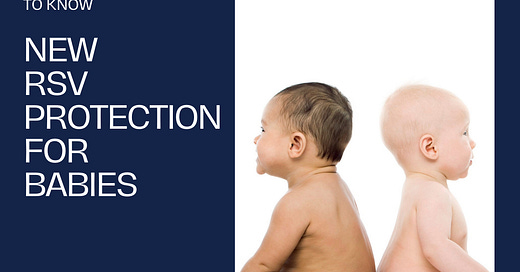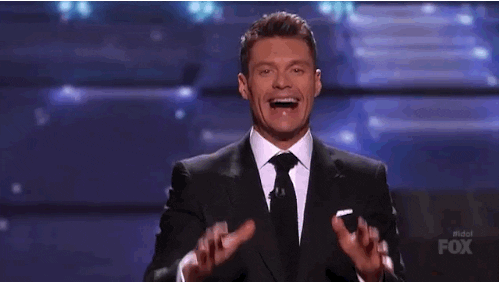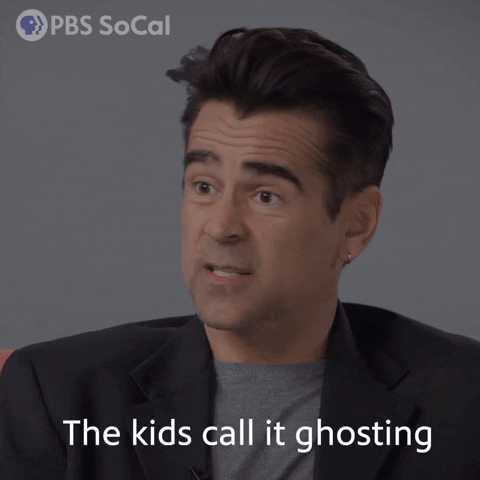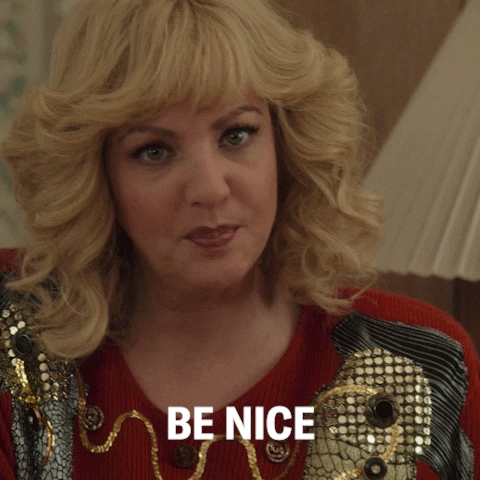A new RSV monoclonal antibody injection (nirsemivab or Beyfortus) is now available for all infants under eight months of age. This medication provides passive immunity against severe RSV disease for the duration of the RSV season, decreasing hospitalization by up to 80%.
The news of this RSV protection is making headlines because parents and pediatricians know how bad RSV sucks. However, some popular news outlets are sharing confusing or misleading information. Here’s what I want my patient families to know about nirsemivab.
Nirsemivab is a big deal for babies.
Nirsemivab is a big deal because RSV illness in kids is a big deal. RSV is responsible for millions of pediatric office visits, urgent care stops and hospitalizations every year – with most kids in the U.S. getting infected by the age of two. Notably, every year RSV kills 100 to 300 children and thousands of those 65 years and older, and 80% of all children hospitalized with RSV are previously healthy kids under six months of age.
Scientists have been looking for ways to protect babies from RSV for decades. Nirsemivab is a result of their dedication and effort.
Nirsemivab is NOT a vaccine.
Let’s get our language right. A vaccine stimulates the immune system to make protective antibodies against disease. Nirsemivab does NOT work in this way. Rather, nirsemivab is a protective monoclonal antibody injection. Nirsemivab does NOT stimulate the immune system or provide instructions a child’s immune system can use to create long-lasting protection. Nirsemivab simply offers passive protection against the RSV illness.
Nirsemivab works like that one guy in your group project.
Think of nirsemivab as the guy in every group project that does the least amount of work and gets full credit. After the group of scientists, molecular biologists and devoted researchers tirelessly do all the work to develop and create him, he just floats around waiting for RSV to show up.
When it does… Nirsemivab simply bumps into the RSV virus and sticks to it, rendering it incapable of infecting. He gets full credit for the work of protection without teaching the immune system anything durable, slowly degrades over time and ultimately disappears without contributing much else. The group gets an A+, and at the end of RSV season, it’s like nirsemivab was never even there.
Bad analogies aside, this medication is remarkable. In scientific terms, nirsemivab is an injection of a purified protein built to bind and neutralize infectious RSV viral particles after entering a baby’s body. Specifically, nirsemivab is a long-lasting IgG molecule that binds to the F-receptor of the RSV particle, making the virus unable to infect living cells. As these protective monoclonal antibodies fade away over time, babies will be naturally exposed to the RSV virus and develop additional, long-lasting immune defenses against serious infection.
Most babies can get nirsemivab.
This monoclonal antibody is recommended for all infants less than 8 months, born before or during the RSV season (October through March in the Midwest). Nirsemivab may be given to children 8 to 19 months of age at highest risk of hospitalization from RSV. This includes some children with cystic fibrosis, natural or medically-induced immunosuppression, chronic lung disease because of prematurity, and American Indian and Native Alaskan babies.
Want to know if RSV is in your community? Bookmark this website.
Babies can get nirsemivab with other routine vaccinations.
Since this monoclonal antibody does not stimulate the immune system in any way, it’s safe to give with other childhood immunizations.
Nirsemivab is preservative-free.
The anti-RSV antibody is grown in mammalian cells, extracted and purified. The injection contains only anti-RSV IgG, additional proteins for stability (histidine/arginine), polysorbate 80 (biologically neutral stabilizer), sugar and water. Nirsemivab does not contain any preservatives or additives.
Nirsemivab is safe, and side effects are minimal. Really.
Since nirsemivab doesn’t stimulate the immune system in any way, the side effects are minimal. Of the few reported, most were redness at the injection site. Few patients reported a mild rash after injection.
Safety is supported by three clinical trials, including both term and preterm children.
Need more details? Listen to a pediatric disease expert (minute 13:28).
There are RSV vaccines for big people.
This season, there are RSV vaccines available for adults. These are important, too.
RSV vaccine (RSVPreF or RSVPreF3) is available for those 60 years and older, and RSVpreF vaccine is available for pregnant people. These traditional vaccinations provide the instructions needed for a person’s immune system to create illness protection.
Notably, when given during pregnancy, the RSVpreF vaccine provides passive immunity to the baby. In most cases, when a birthing parent receives the RSVPreF vaccine, nirsemivab is not needed for the infant. For adults interested in a RSV vaccine, talk with your personal physician.
Pediatricians are working hard to bring nirsemivab to all children. Be patient and kind.
I bravely speak for all pediatricians when I say… Getting this shot is important, but it’s not a medical emergency. Repeated phone calls and emails to your pediatrician, badgering office staff, threatening one-star reviews and other blatant rudeness isn't going to help you access this medication sooner.
Understand that this medication is being distributed and administered differently for every doctor, small business, local clinic, VFC provider and U.S. region. All over the country, office staff needs to be trained, fridges need to be prepared, EMR systems need to be updated and more… All while running busy clinics full of patients with limited staff.
Please be PATIENT, allowing time to sort out important details; ensuring the required pieces are in place to get nirsemivab to all kids effectively, safely and equitably.
My suggestion is that if you are interested in nirsemivab, kindly contact your pediatrician and ask how to be notified when it’s available. Or, ask which local distribution point the office is recommending to access this medication. Then, follow the plan you are given, knowing we're on the same team and working as briskly as we can. TIA.
For my pediatric colleagues, here’s an excellent professional reference from the AAP on nirsemivab administration, best practices and billing/coding.
I am strongly recommending nirsemivab to my patients.
RSV is an awful disease, and all pediatricians hate RSV season. I stand with my fellow partners, infection disease colleagues and child health experts, who are strongly recommending all eligible infants receive nirsemivab.
I’m excited to offer my most vulnerable patients an opportunity for passive protection against RSV this season and beyond.
You’ve made it this far, so here are a few bonus FAQ:
Should I wait to get nirsemivab until I start hearing about RSV infections in my community?
The beginning of the RSV season can be unpredictable. There is no need to wait until RSV infection rates climb in your area before getting nirsemivab, as the monoclonal antibody will offer many months of protection. Trust your pediatrician’s recommendation on timing.
My healthy baby was one-month premature. Can I get nirsemivab at my baby’s nine-month checkup?
Nope. Nirsemivab must be administered before eight-months of chronological age, regardless if your baby was premature.
What if my baby gets RSV before getting nirsemivab?
Even after a RSV infection, your baby is still eligible for nirsemivab prior to the age of eight months. The recommendation to receive the monoclonal antibody is not based on prior-infection status.
Have more questions about nirsemivab? Please ask your personal pediatrician. As always, we are here to help you make the best decisions for your family.
Stay safe and be well,








Wow! I wish this had been available ten years ago! My son spent six days at children's Mercy with rsv. He was three weeks old when admitted. Thanks for explaining the technology of the injection.
Excellent and helpful!